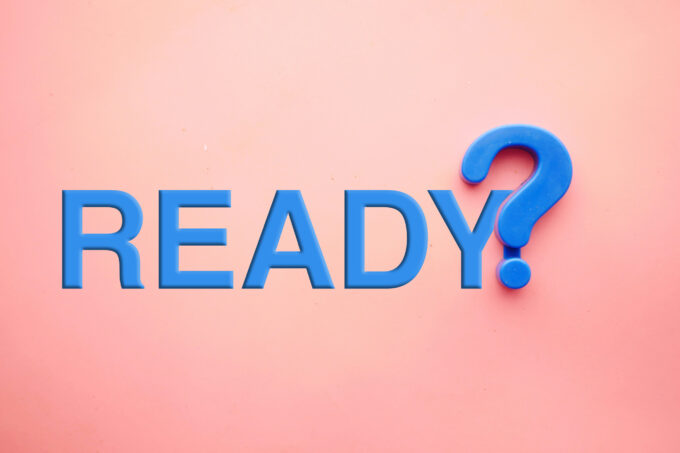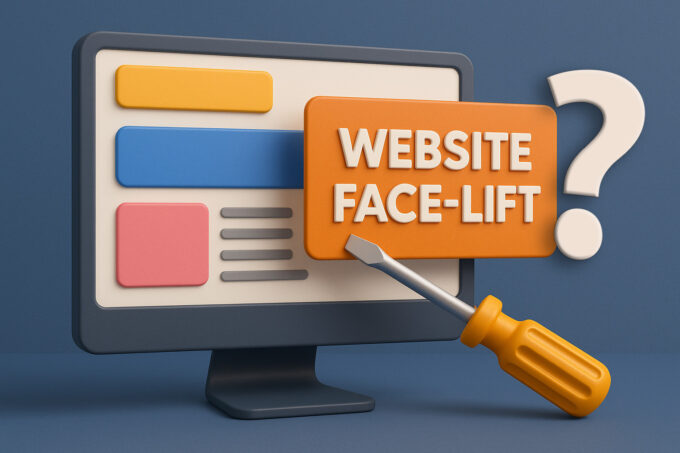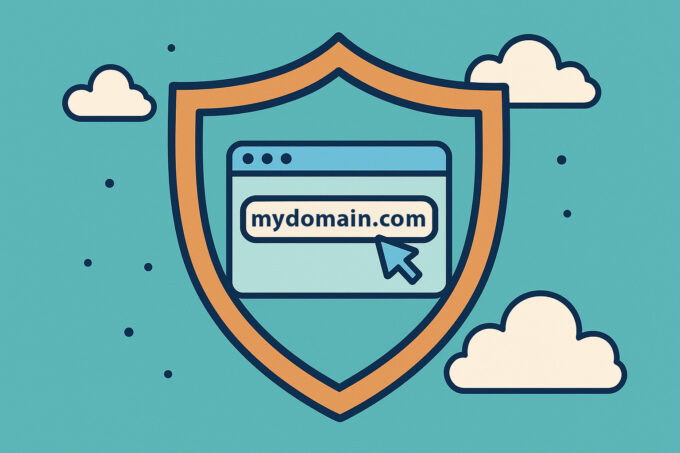Having a compelling online presence is crucial for businesses and individuals alike. Whether you’re launching a brand-new website or revamping an existing one, working with a skilled web developer can make all the difference. However, to ensure a smooth and successful collaboration, there are several key steps you should take to prepare and optimize the process. Here’s a comprehensive guide on what to know and prepare when embarking on a journey with a web developer for your new website.
1. Thorough Research and Comparison
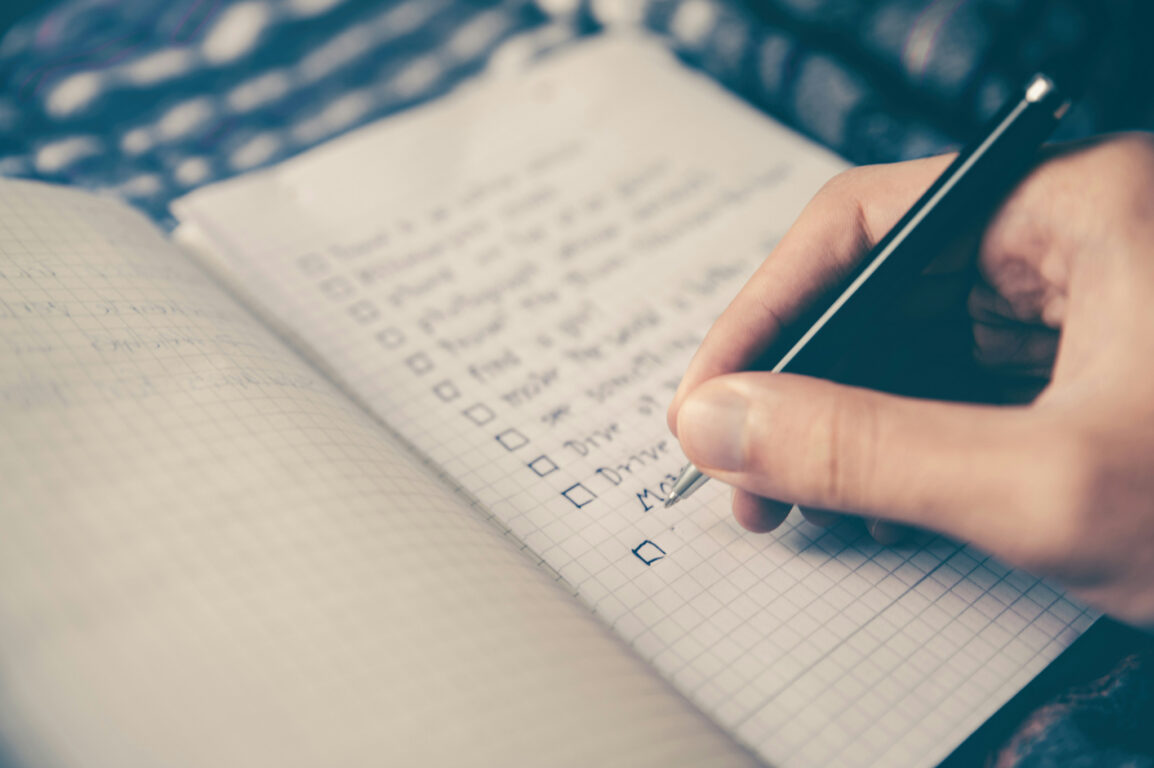
Before diving into the development process, take the time to research and analyze your competition and available options. Understand what works well in your industry and what could be improved. Existing functionality on your competitor websites is expected functionality in the industry at the very least. If you can’t afford to compete, make sure you have a plan to catch up or a clever workaround. Don’t be afraid to discuss those unknowns with your developer. They are likely to suggest you a solution as good or better than what you’ve found on another site. This knowledge will not only help you articulate your vision to the developer but also allow you to make informed decisions throughout the project.
2. Be Prepared
One of the most important aspects of working with a web developer is being prepared. Write your website content in advance and organize your assets such as logos, images, and videos. Keep in mind, the developers are often very logical thinkers due to the nature of their work. They plan their work with steps and naturally expect you to have a planned approach to discovery and site development. They need very little knowledge of your vision and a very clear picture of your website interaction with visitors and administrators. This will streamline the development process and ensure that your website accurately reflects your brand identity.
3. Domain Acquisition
Choosing the right domain name is crucial for your online success. Spend time finding a domain that reflects your brand and is easy to remember. Consider using domain name generators or consulting with your web developer for suggestions. Your domain is a keyword, so unless your business name has your intended advertised product or service, don’t expect your last name to be easily found. Consider web3 domain names. Although new thing today, they may become a standard tomorrow.
4. Define Desired Features and Content
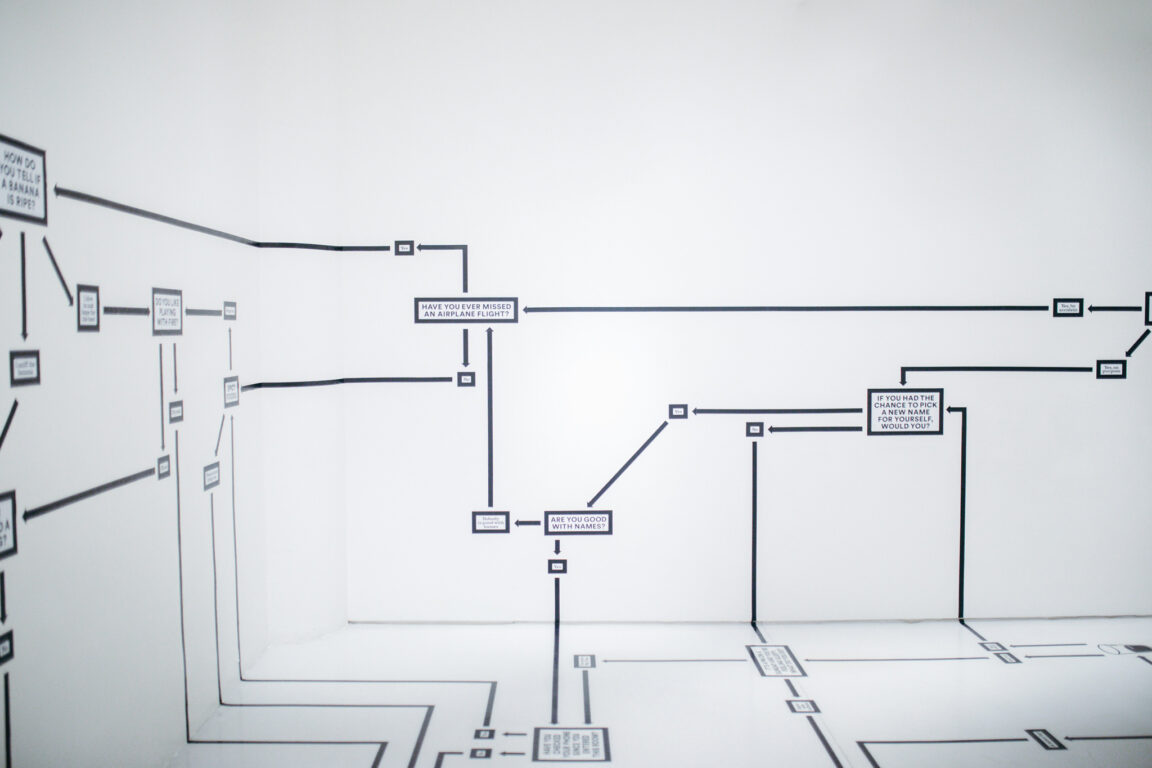
Clearly outline the features and content you want on your website, both at launch and for future expansions or updates. This will help your developer understand your goals and priorities, allowing them to create a roadmap for development accordingly. Having a plan is half the battle. Developers are simple folks if your plan is clear, they will take you to the last step – always.
5. Budget Allocation
Allocate a budget for assets such as stock photography or custom graphics. While stock imagery is a cost-effective option, custom visuals can enhance the uniqueness of your website and strengthen your brand identity. On-site photography, team members or production process photos and videos are brand-building, trust-enhancing and most definitely something that will make you stand out.
6. Communication with Potential Developers

Reach out to multiple potential web developers and discuss your project requirements with them. Ask about their experience, portfolio, and approach to web development to ensure they are the right fit for your project. Keep in mind that not all projects built by a serious developer may be disclosed in public or advertised in their portfolio due to NDA signed or their work being part of another firm in the past. Ask your developer if they have done a project they are proud of outside of their portfolio. Although they might not be able to reveal the name, they will be excited to delve into details of their more extensive experience.
7. Detailed Quote and Contract
Once you’ve identified a suitable developer, obtain a detailed quote outlining the scope of work, timeline, and costs involved. Before proceeding, make sure to sign a contract that clearly defines the terms and conditions of the project, ensuring mutual understanding and protection for both parties. If at all possible try to find the best developer you can in your area. DO NOT sign a contract you did not read or fully understand. Keep in mind that contracts are written for a reason and that reason is – clarity. No matter what you’ve discussed and took out of your meeting, the written contract is what will be plan of action.
8. Stick to the Plan
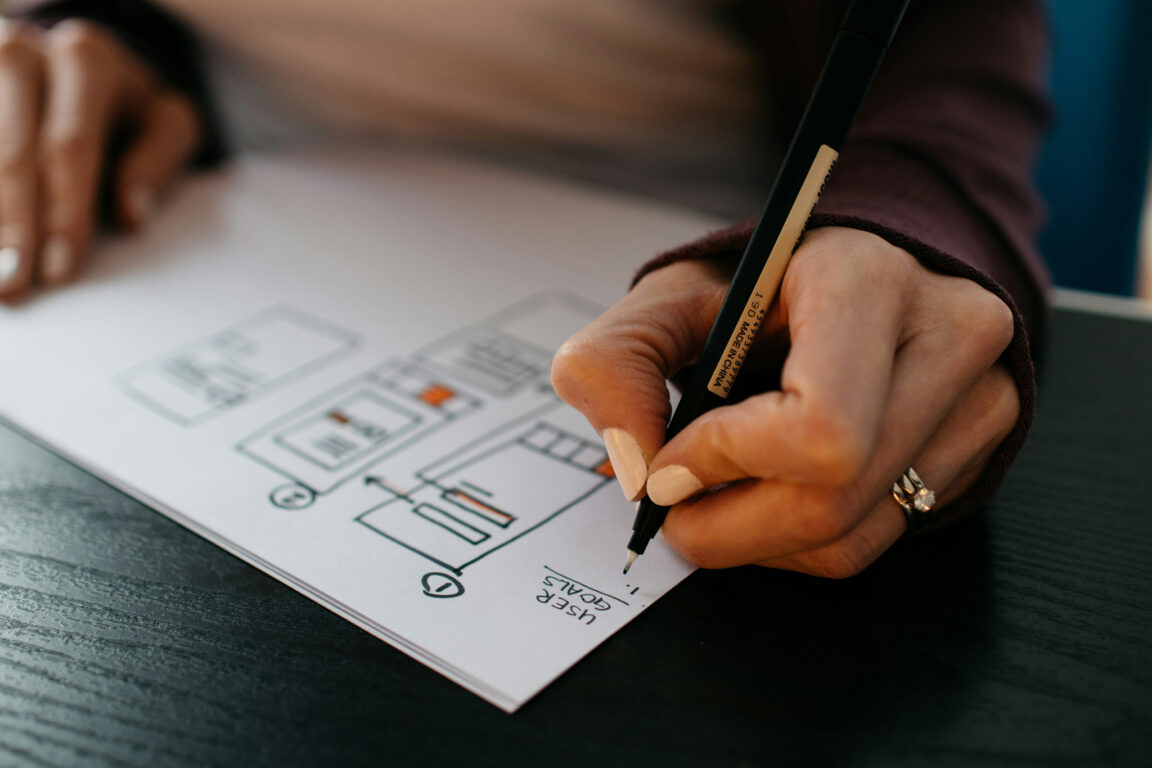
Throughout the development process, stick to the agreed-upon plan and keep in touch with your developer regularly. Address any concerns or changes promptly to avoid delays and misunderstandings. Changes in the middle of the process will likely cost you time and budget increase while having those elements versed into the initial plan will save it. If you can’t avoid changes, express them to your developer as a future expansion of functionality and they might make the necessary preparations in your site’s code base while building the first stage.
9. Testing and Maintenance
Allocate sufficient time for testing before the website goes live, and ensure that your developer is willing to provide maintenance and support post-launch. A great web developer will express the time period in which they are willing to fix any bugs related to the original functionality planned. Regular updates and maintenance are essential for keeping your website secure and functioning optimally. 30 Days of maintenance is an optimal number to be looking for. Make sure you know what to do with your site if you part with your web developer after launch and testing – get some training if necessary.
10. Budget for SEO
Don’t overlook the importance of search engine optimization (SEO) for your website’s visibility and discoverability. Allocate a budget for SEO services or discuss SEO strategies with your developer to ensure your website ranks well in search engine results. Remember, your website is only a good engine while the SEO is the optimal fuel for your site to run smoothly.
11. Hosting and Support
Consider whether your developer offers hosting and ongoing support services for your website. Having a single point of contact for both development and hosting can streamline the process and provide peace of mind.
By following these essential steps and collaborating closely with your web developer, you can ensure that your new website is not only visually stunning but also functional, user-friendly, and aligned with your business objectives. Remember, investing time and effort into the planning and preparation stages will pay off in the form of a successful and impactful online presence.
